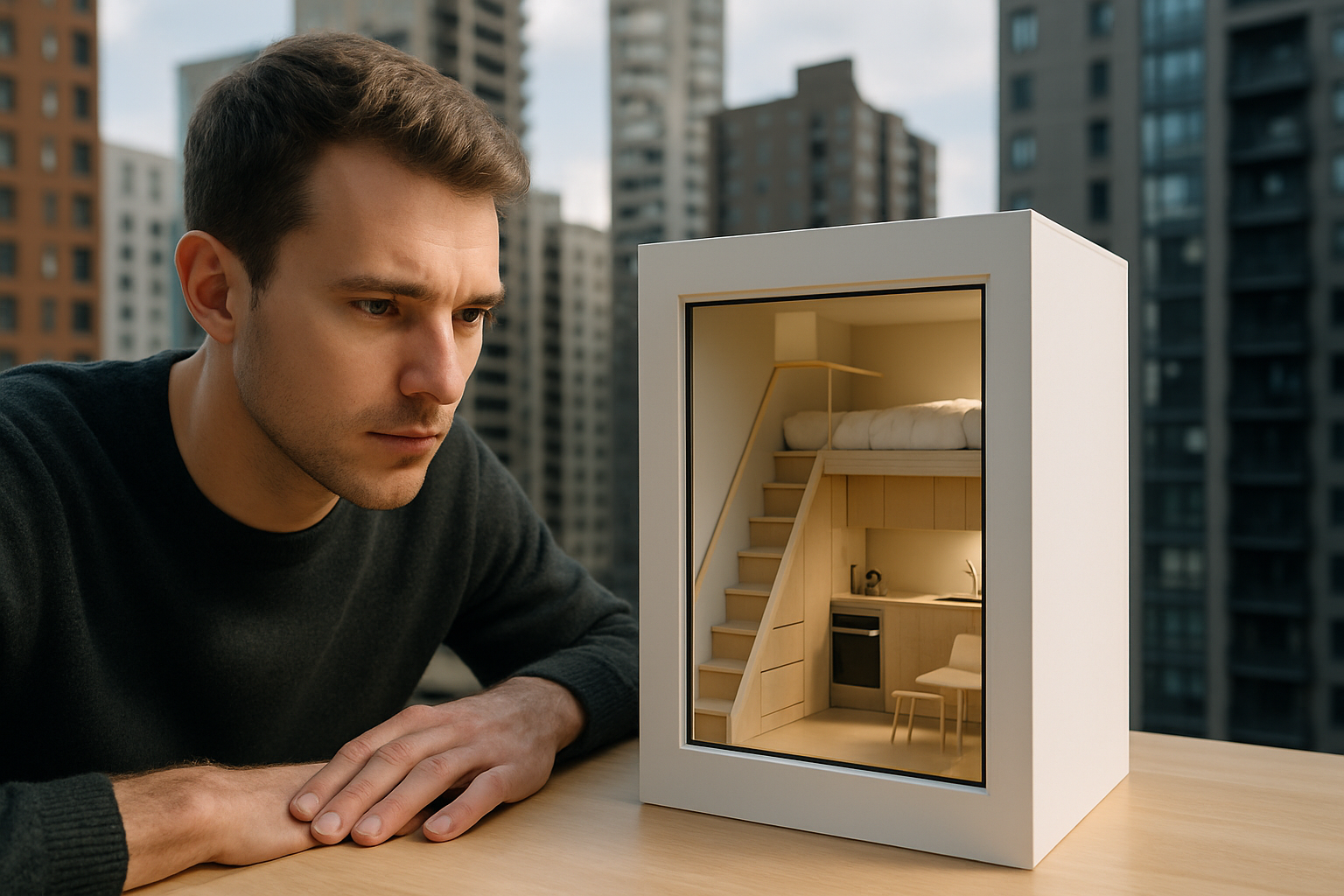Essential Pest Control Services for Home and Business Protection
Effective pest control combines detection, treatment, and prevention. Discover how services work, what solutions are used, and how they address different infestations. Learn how professional pest management ensures healthier, safer, and more comfortable indoor and outdoor spaces.

How Pest Control Services Keep Homes And Businesses Safe
Professional pest control services provide comprehensive protection against insects, rodents, and other unwanted invaders that threaten property integrity and human health. These services employ trained technicians who identify pest entry points, eliminate existing infestations, and implement barriers to prevent future problems. Regular treatments target common pests like ants, cockroaches, termites, and rodents before they establish colonies or cause structural damage.
Business establishments particularly benefit from professional pest management, as infestations can result in health code violations, customer complaints, and reputation damage. Restaurants, hotels, and retail spaces require specialized approaches that address unique pest challenges while maintaining safe environments for customers and employees.
Preventive Pest Control Measures For Every Home
Homeowners can implement several preventive strategies to reduce pest attraction and entry opportunities. Sealing cracks around windows, doors, and foundation areas eliminates common access points for insects and small rodents. Proper moisture control through ventilation improvements and leak repairs removes the water sources that attract many pest species.
Regular cleaning practices, including prompt spill cleanup and proper food storage in sealed containers, eliminate food sources that draw pests indoors. Maintaining landscaping by trimming vegetation away from exterior walls and removing debris piles reduces outdoor pest harborage areas near the home structure.
Scheduled professional inspections identify potential problems before they become major infestations, allowing for targeted treatments that are more effective and less costly than reactive pest control measures.
Understanding Different Types Of Pest Control Services
Pest control services encompass various specialized approaches tailored to specific pest types and infestation severity levels. General pest control addresses common household insects through regular perimeter treatments and interior spot applications using targeted insecticides and baits.
Termite control requires specialized knowledge and equipment, including soil treatments, bait systems, and structural modifications to prevent wood-destroying insects from accessing building materials. Wildlife control services handle larger pests like raccoons, squirrels, and bats through humane removal methods and exclusion techniques.
Integrated Pest Management (IPM) combines multiple control strategies, emphasizing prevention, monitoring, and targeted treatments while minimizing pesticide use. This approach proves particularly effective for businesses requiring ongoing pest management without disrupting operations.
| Service Type | Provider | Cost Estimation |
|---|---|---|
| General Pest Control | Orkin | $40-80 per month |
| Termite Treatment | Terminix | $200-900 initial treatment |
| Wildlife Removal | Critter Control | $150-500 per service |
| Commercial IPM | Rentokil | $100-300 per month |
Prices, rates, or cost estimates mentioned in this article are based on the latest available information but may change over time. Independent research is advised before making financial decisions.
Selecting Professional Services
Choosing appropriate pest control services requires evaluating company credentials, treatment methods, and service guarantees. Licensed technicians should provide detailed inspection reports identifying pest species, infestation extent, and recommended treatment protocols. Reputable companies offer service guarantees and follow-up treatments if initial applications prove insufficient.
Environmental considerations increasingly influence service selection, with many providers offering eco-friendly treatment options that minimize impact on beneficial insects and reduce chemical exposure risks for families and pets.
Effective pest control combines professional expertise with property owner cooperation in maintaining sanitary conditions and addressing structural vulnerabilities that attract pests. Regular communication between service providers and clients ensures treatment programs adapt to changing pest pressures and seasonal variations that affect pest activity levels throughout the year.




